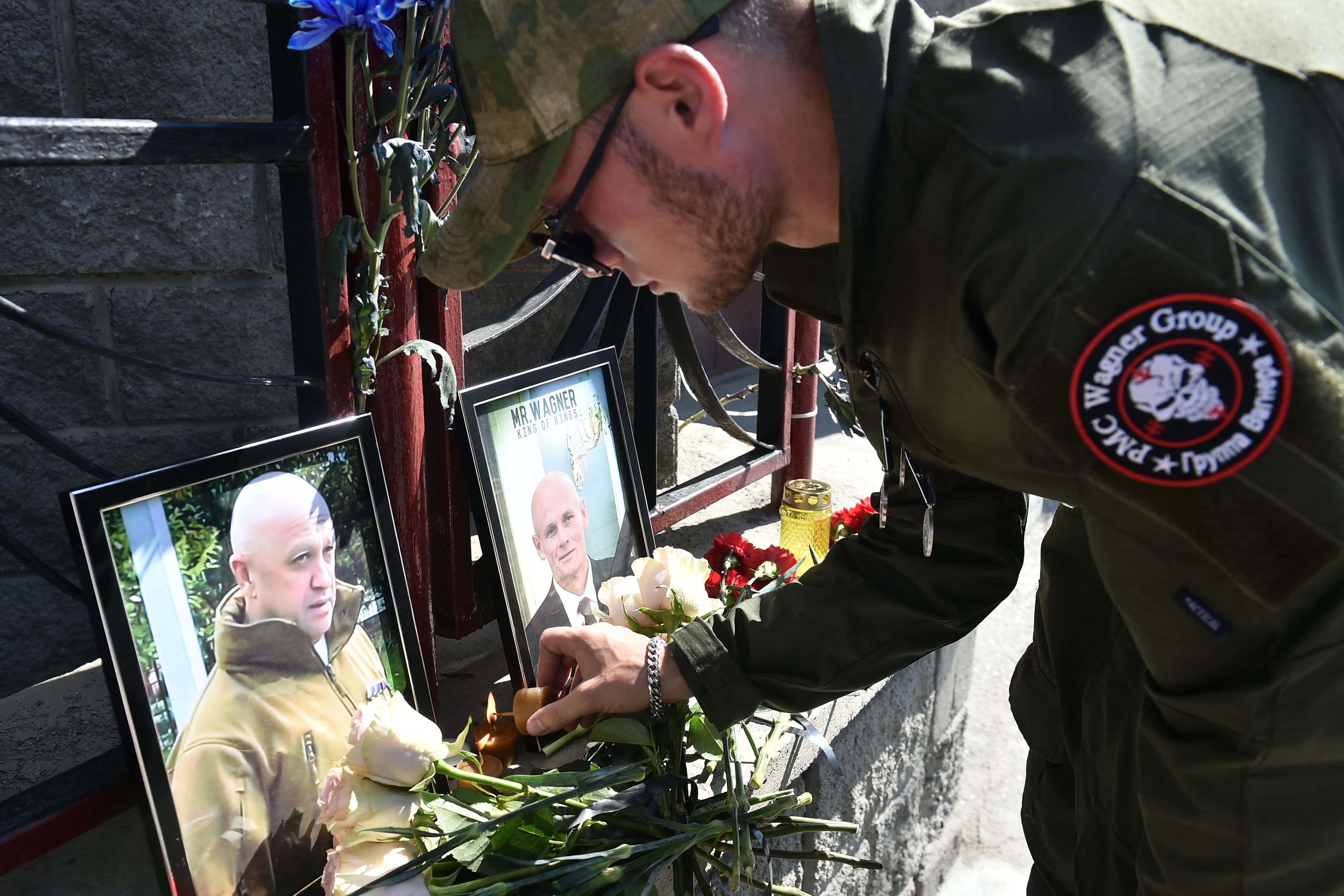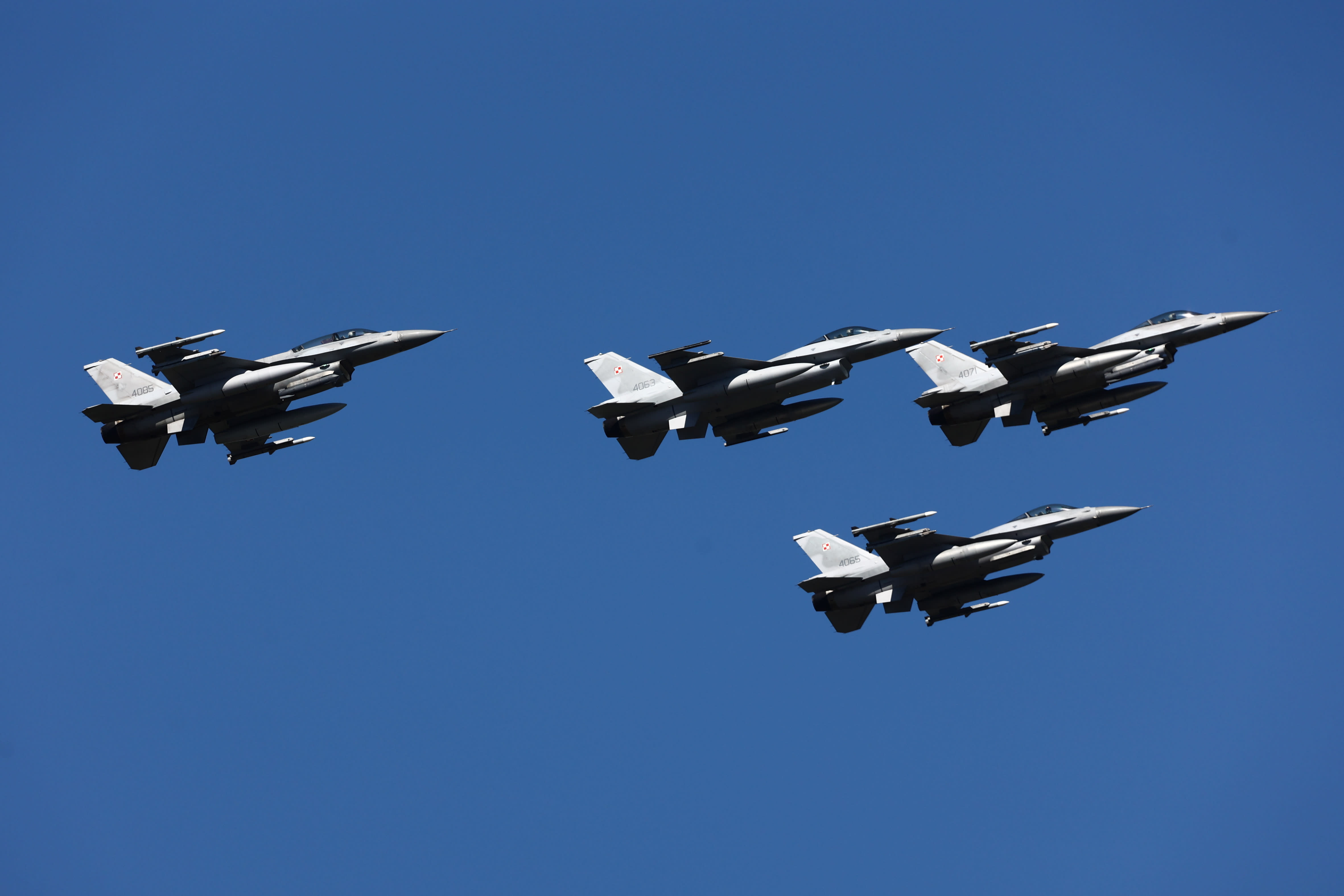Turkey's President Recep Tayyip Erdogan on Monday sought to persuade Russian President Vladimir Putin to revive an agreement that allowed Ukraine to export grain and other commodities from three Black Sea ports despite the war with Russia.
Putin in July refused to extend the agreement, which was brokered by Turkey and the United Nations a year earlier and was seen as vital for global food supplies, especially in Africa, the Middle East and Asia. Ukraine and Russia are major suppliers of wheat, barley, sunflower oil and other goods that developing nations rely on.
Erdogan said the grain deal was the headline issue at the daylong talks between the two leaders in Russia’s Black Sea resort of Sochi, where the Russian president has a residence.
“Everyone is looking at the grain corridor issue,” Erdogan said in opening remarks.
Get Connecticut local news, weather forecasts and entertainment stories to your inbox. Sign up for NBC Connecticut newsletters.
Putin acknowledged that “issues related to the Ukraine crisis” would be discussed between them.
“I know that you intend to raise questions about the grain deal. We’re open to negotiations on that subject,” he told Erdogan.
Russia broke off the deal, complaining that a parallel deal promising to remove obstacles to Russian exports of food and fertilizer hadn’t been honored. It said restrictions on shipping and insurance hampered its agricultural trade even though it has shipped record amounts of wheat since last year.
A lot is riding on the talks for the world food supply. “I believe that the message we will give after our meeting will constitute an important step for the world, especially for the underdeveloped African countries,” Erdogan said.
Since Putin withdrew from the grain initiative, Erdogan has repeatedly pledged to renew arrangements that helped avoid a food crisis in parts of Africa, the Middle East and Asia.
The meeting took place against a backdrop of Ukraine's recent counteroffensive against the Kremlin's invasion forces.
In the latest development, Ukrainian President Volodymyr Zelenskyy said Sunday that Defense Minister Oleksii Reznikov would be replaced this week. The job requires “new approaches,” Zelenskyy said, without elaborating. Reznikov on Monday published a photo of his resignation letter.
Analysts expect tough negotiations in Sochi.
“My gut feeling is that Putin recognizes the leverage he has by using food as an economic weapon, and thus will fight for all he can get in terms of concessions on his wish-list,” said Tim Benton, a food security expert at the Chatham House think tank.
Those may include Russia’s grains, or fertilizer exports, or wider issues, he said.
Data from the Joint Coordination Center in Istanbul, which organized the Ukraine shipments, shows that 57% of the grain from Ukraine went to developing nations, with the top destination being China, which received nearly a quarter of the food.
Russia has repeatedly attacked the Odesa region, Ukraine's main Black Sea port area. On Monday, the Ukrainian air force said it intercepted 23 of 32 drones that targeted the Odea and Dnipropetrovsk regions, but did not specify damage caused by the drones that got through.
The Turkish president has maintained close ties to Putin during the 18-month war in Ukraine. Turkey hasn’t joined Western sanctions against Russia following its invasion, emerging as a main trading partner and logistical hub for Russia’s overseas trade.
Opening the talks, Putin mentioned various areas of bilateral cooperation, such as a proposed Russian gas hub in Turkey and the construction of the first nuclear power plant there, in which Moscow is actively involved.
NATO member Turkey, however, has also supported Ukraine, sending arms, meeting Ukrainian President Volodymyr Zelenskyy and backing Kyiv’s bid to join NATO.
Erdogan angered Moscow in July when he allowed five Ukrainian commanders to return home. The soldiers had been captured by Russia and handed over to Turkey on condition they remain there for the duration of the war.
Putin and Erdogan — authoritarian leaders who have both been in power for more than two decades — are said to have a close rapport, fostered in the wake of a failed coup against Erdogan in 2016 when Putin was the first major leader to offer his support.
The Sochi summit follows talks between the Russian and Turkish foreign ministers on Thursday, during which Russia handed over a list of actions that the West would have to take in order for Ukraine’s Black Sea exports to resume.
Erdogan has indicated sympathy with Putin’s position. In July, he said Putin had “certain expectations from Western countries” over the Black Sea deal and that it was “crucial for these countries to take action in this regard.”
U.N. Secretary-General António Guterres recently sent Russian Foreign Minister Sergey Lavrov “concrete proposals” aimed at getting Russian exports to global markets and allowing the resumption of the Black Sea initiative. But Lavrov said Moscow wasn’t satisfied with the letter.
Describing Turkey’s “intense” efforts to revive the agreement, Turkish Foreign Minister Hakan Fidan said it was a “process that tries to better understand Russia’s position and requests, and to meet them.”



